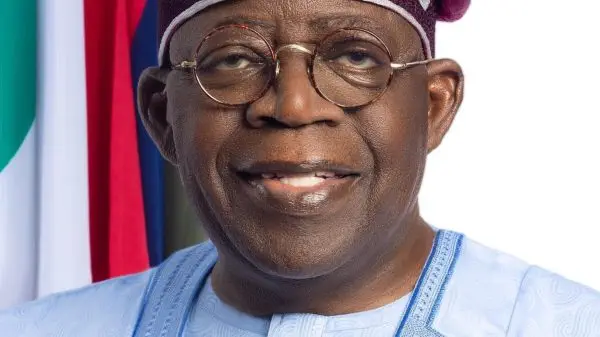During an appearance on Channels Television’s Morning Brief, Billy Gillis-Harry, President of the Petroleum Products Retail Outlets Owners Association (PETROAN), addressed the ongoing fuel scarcity, revealing that oil marketers are grappling with supply constraints.
Gillis-Harry explained that these logistical challenges are primarily tied to the ship-to-ship transfer process. He noted that until a ship receives its cargo, it cannot deliver to the depots, and without supply at the depots, retailers are unable to access fuel for distribution.
Gillis-Harry said, “I think until we get our supply challenges sorted out efficiently and abundantly, we will not be able to get out of this circle.
“I believe you must have heard the NNPC’s communications director, who explained that the issues at stake are still logistics-related.
“So until they get that resolved, we may just be managing the little they bring, and give to us to distribute among our members.
“NNPCL is doing its best to bring in products bit by bit, and we can only supply what we have.”
Elaborating further on what he meant by logistics challenges, the oil marketers’ leader said, “The logistics issue is about ship-to-ship transfer. Until the ship gets products, it cannot deliver to any of the depots. And until depots have products, we, the retailers, cannot also have access to products.”
He, however, assured that marketers were in talks with the NNPCL oversupply challenges.
He said, “We have been speaking with NNPCL. We encourage them to do more, and I can assure you that they are trying their best.”
Billy Gillis-Harry’s explanation on Channels Television’s Morning Brief comes amidst ongoing fuel shortages that have severely impacted the northern regions of Nigeria and have now spread to the Federal Capital Territory, Lagos, and other states. Over the weekend, the scarcity worsened, with reports indicating that petrol prices at some filling stations have soared to between ₦800 and ₦1,000 per litre. This sharp increase has also driven up transportation costs, further straining the public.
Despite the rising prices, some filling stations have ceased selling petrol altogether, leading to a surge in black market activity. The scarcity has been partly attributed to alleged debts owed by the Nigerian National Petroleum Company Limited (NNPCL) to international oil traders. However, on Sunday, NNPCL’s Chief Corporate Communications Officer, Olufemi Soneye, dismissed these claims. While acknowledging that debts are not uncommon in the oil trading industry, where transactions often rely on credit, Soneye emphasized that this was not the primary cause of the current fuel crisis.
Gillis-Harry highlighted that the issue primarily stems from logistical challenges, particularly in the ship-to-ship transfer process. Until cargo is received and distributed to depots, retailers remain unable to access fuel, exacerbating the scarcity across the country.
“But NNPC Ltd., through its subsidiary, NNPC Trading, has many open trade credit lines from several traders.
“The company is paying its obligations of related invoices on a first-in-first-out (FIFO) basis,” he told reporters.

















































